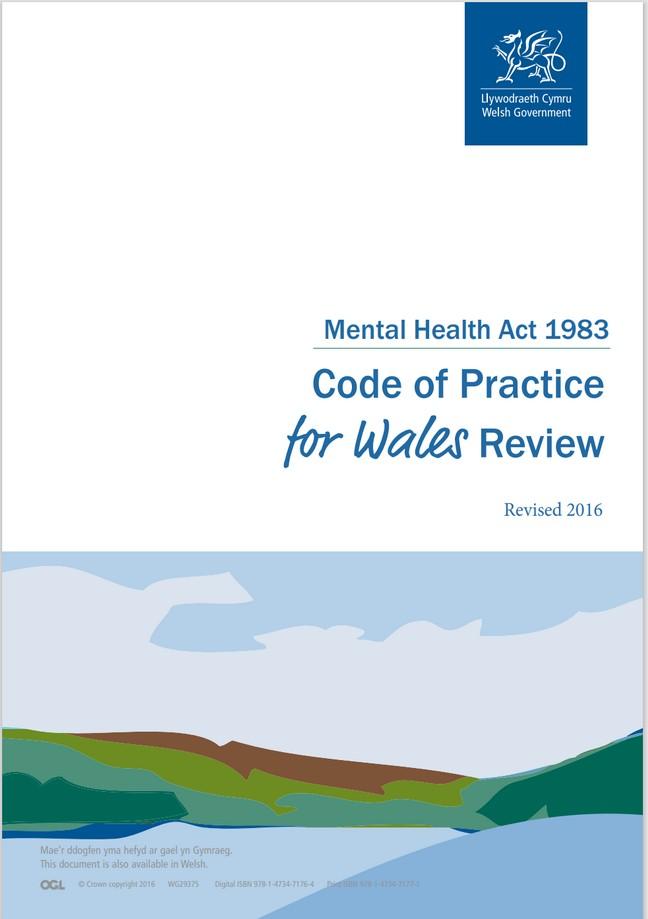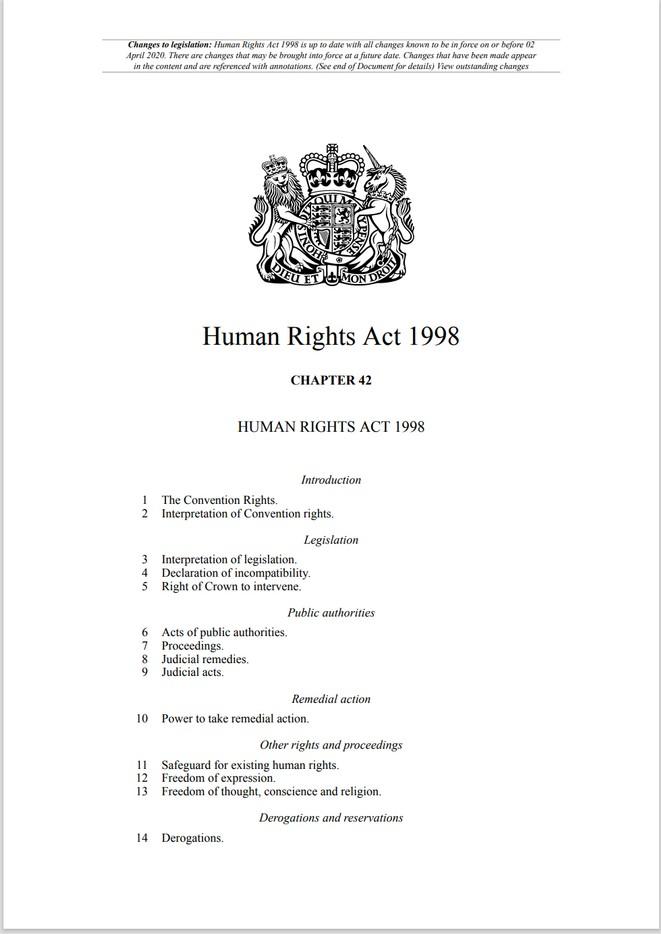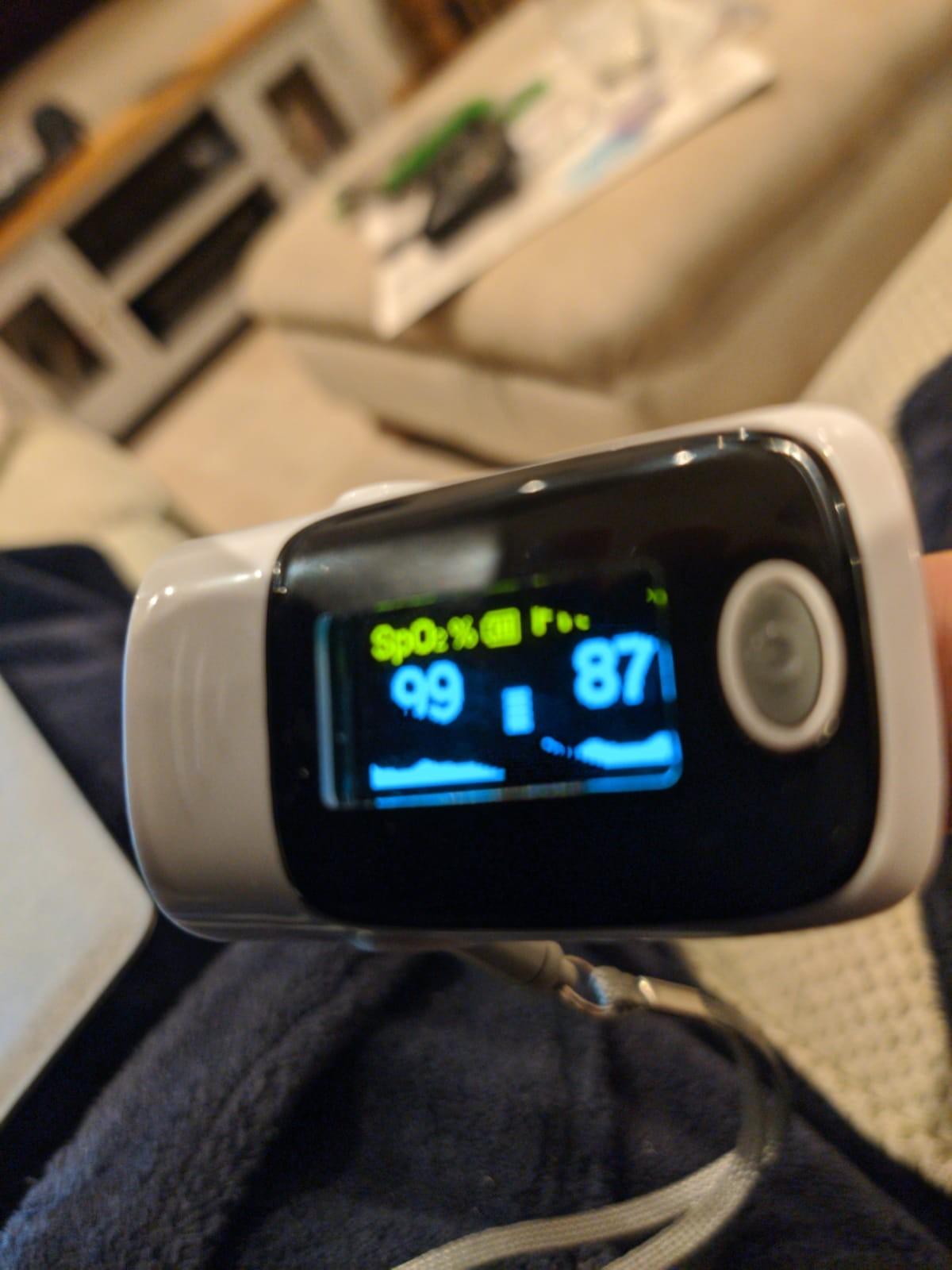Mental Health and Covid 19 – The Risk to Human Rights



• Human Rights : Mental Health and Ethical Theory
• What were the risks? (February March 2020)
• What Happened? – Case Studies
• Where are we now?
• A view of human rights for mental health services in a pandemic
• Duties on Services – Forward through the Pandemic
• Visual Diary

Navigating rights in normal mental health practice requires frequent reference back to core guidance.
MHA Code of Practice


MCA Code of Practice
Human Rights Act 1998, via the ECHR and its 14 articles and 4 protocols

None were designed to help mental health services navigate a pandemic

During a pandemic, decision making needs to lean on a general knowledge of ethics as well as awareness of the intellectual foundation of laws relevant to clinical practice.

Clinical reasoning in this period has been informed by these principles, even if clinicians are not formally reasoning using them.
These principles and ideas saturate the cultures and laws of modern liberal democracies.


The relationship between individual rights and the state and the ethical nature of human beings ie the nature of (or indeed existence of human rights themselves) are not settled questions.


• Clinical Cover – Failures of ability to provide treatment and care breach the requirement that detention should only happen if appropriate treatment is available
• Clinical governance – upholding patient safety properly requires the ‘slow thinking’ processes of clinical governance. We were concerned that governance failures (by not holding meetings or reviewing any decision making outside of covid) would compromise pateintr safety and quality.
• Right to Family Life – we were concerned that service users would lose their access to family via bans on visits
• Mental capacity – we were concerned that inpatient services would inadvertently breach people’s rights by not considering their capacity to make decisions, or that we would have to override people’s capacitous decisions (eg testing, isolating) in order to maintain the rights of others.
• Restrictive Intervention – we were concerned that rates of restraint and other physical intervention would increase due to increased anxiety of service users and staff.

• Clinical Cover – use of peripatetic staff in social care sites – we were concerned that people’s rights to treatment would be unacceptably impacted due to clinical visit limitations
• Clinical governance – upholding patient safety properly requires the ‘slow thinking’ processes of clinical governance. We were concerned that governance failures (by not holding meetings or reviewing any decision making outside of covid) would compromise patient safety and quality.
• Right to Family Life – we were concerned that service users would lose their access to family via bans on visits
• Mental capacity – we were concerned that social care services would inadvertently breach people’s rights by not considering their capacity to make decisions, or that we would have to override people’s capacitous decisions (eg testing, isolating) in order to maintain the rights of others.
• Restrictive Practice – we were concerned that restrictive practice generally would increase due to increased anxiety of service users and staff.

Risks – what were we worried about ?
• Lockdown was a predictable event – planning meetings convened c End January 2020 –covering both operational and clinical planning.
• Construction of ‘concern’ list across all services of people who may struggle to understand and/or engage in increased restrictions. Care plans created in partnership with service users to prepare for increased restrictions.
• Developed “Cohorting lists” of clinicians to ensure continuity of treatment provision across inpatient sites and development of shared care arrangements to ensure continuity of MDT across social care (single visiting clinician feeding back to MDT with every visit).
• Constitution of clear written ‘standard operating procedures’ ensuring principles of MCA / MHA CoPs were incorporated into all Covid procedures. Directed for all decisions to follow SOPs and escalation process.
• Directed continuity of clinical governance and maintained monthly corporate clinical governance processes alongside specific covid corporate meetings.
• Directed continuity of existing corporate clinical ethics committee and emphasised availability of consultation to MDTs.

• Raised concerns about the ‘pivot’ of restrictions towards elderly social care with government - not always appropriate for our tertiary mental health service users.
• Preserved all MDT clinicians to on site working – no working from home for registered clinicians.

• Communicated with all families, carers and service users regarding ongoing video communications.
• Directed that all service users must be offered care plan with specific timed regular family contact via video call
• Purchased additional tablet computers and constructed new policy re personal device use (in forensic settings) to support family contact.
In Wales, directive received from Welsh Government advising all transitions in to social care must self isolate even if negative test and discharging from a Covid-free hospital to a Covidfree social care site.
• Concerns from MDTs re: lawfulness and rights compliance given negative test and given unequal eright if risks to mental health and covid risk. Did not feel necessary to uphold article 2 (right to life) , balanced against Article 5 (right to liberty)
• Directors escalated to Public Health Wales (PHW) and NHS Wales to raise concerns re: possible need to use restrictive intervention unlawfully and creating more risk from implementing than protecting against Covid. Also raised concerns re: applicability to mental health care.
• PHW agreed to review a protocol written (flowchart) to support decision making for MDTs when discharging people to social care. Protocol balanced rights, capacity and risk to person of restrictive intervention.
• PHW signed off and agreed, thus preserving rights and ensuring people could eave hospital even when MH / LD condition meant unlikely to self isolate.

Service user subject to a DOL authorisation – no family contact for months and inability to adhere to distancing / PPE.

• Concerns from MDT re: impact on mental health of lack of family contact.
• Directors escalated to Public Health Wales and NHS Wales to request if specific risk assessment around a potentially non socially distanced visit could take place, given individual demographics and risks of individual. (individual would not reliable adhere to distancing and did not have capacity to make decision to distance)
• PHW agreed to review a risk assessment allowing for some risk but balancing against impact on mental health of individual and risk of increased restriction via deterioration in mental health should family contact not happen
• PHW signed off risk assessment and agreed, based on specific characteristics of case.
• Family visit took place safely.
Police intercepted “therapeutic drive” of social care staff with service user who could not cope with interruptions to routine and advised they were in breach of guidance.
• Concern escalated to senior team.
• College of Policing guidance reviewed re: definition of coronavirus restrictions re: accessing community to ‘give or receive care’ applies to vehicle trips with service user whose mental health would have been affected.

• Police contacted and advised of the guidance that they had published
• Staff advised that further trips would not be stopped.
• The ship did not sink but we are in the Strait of Messina
• Scylla and Charibdys – Covid-19 vs Human Rights infringements

• Operational and clinical protocols that are protective of rights are in place ready for flexing up and down but…..
• Current risks:
A further period of high community infection : human factors are likely to be the biggest factors bearing on rights abuses:
• Unthinking obedience
• Fear driven reasoning

• Fast thinking
• Negative freedoms completely overwhelm positive freedoms.
Odysseus before Scylla and Charybdis Johann Heinrich Füssli
• Human rights are based on an underlying assumption of deontological ethics (i.e. there are absolute moral laws that define what is right and that must be followed)
• In a pandemic our clinical decision making is often driven by consequentialist reasoning (ie making decisions based on the overall consequences of the decision)
• Sometimes this decision making is utilitarian (ie based on thinking about the competing outcomes for the individual against the overall outcome for society)
• Therefore we may usefully see ourselves as having constraint-based responsibilities as clinicians and leaders. That is ensuring we exercise the responsibility of our duty to intervene to provide treatment and care for mental health while being aware of constraints imposed by the additional ethical calculus of a pandemic.
• The day-to-day decisions are about the reasonableness (and lawfulness) of the constraints placed upon us (and more importantly people who use our services) by pandemic planning.

Ensure staff are aware of the articles of the HRA and can either give a rationale for decisions based on them or can communicate to other staff about why decisions must be followed under human rights law.
Challenge authority – systems are ‘fast thinking’ in a pandemic. Public health protocols and directions may represent a reasonable constraint on rights for some client groups, but not for others. Emergency rules may not be either lawful or ethically reasonable constraints.
Be aware that ethics and the emotional response are linked. Ethics arguably derive from natural human group behaviour and emotional functioning. In other words, if a clinical or service decision feels wrong, even in the context of a pandemic, it may well be simply wrong.


Staff supported one of our service users to design and paint a bench with a dragon to overcome his fear of leaving his self contained flat at all during the lockdown.
I remember it feeling surreal. The stylised dragon represented the world having an uncanny feel during the time – familiar but also atypical, but as it is unmistakeably a Welsh flag it gave me a simultaneous feeling of reassurance and continuity.


This photo is taken in a part of the Rhondda Valley that had the highest death rates in Wales (and one of the UK’s highest).

The empty, silent passage in the middle of the week was eerie - the world felt empty.
I took this photo while using the (partially coercive) role of Responsible Clinician to support someone’s daily exercise through the worse part of the pandemic.

Faced with the wish to maintain therapy and psychological input on in patient wards in the context of staff cohorting and distancing, and not knowing how many of us would be ill, this is a picture of a 12 hour 7 day psychology rota for an inpatient site.

It represents the commitment of staff to maintain provision for people detained by the state for mental health treatment, and, psychologically, the need for humans to order and structure.
At the time this was taken we felt like corks in a storm and this activity probably served to reduce our anxiety
Having never taken my SATS routinely despite being asthmatic, this picture shows the daily routine of arriving home, showering and cleaning and checking SATS.

This picture was taken during the period where there was no routine staff testing and the literature was suggesting that early drops in SATS or ‘Silent Hypoxia’ was a first symptom for some.
It represents the abnormality and anxiety of being a mental health clinician during the lockdown.

This photo was taken in the centre of a deserted Cardiff – posters advocating kindness had sprung up but this one has been defaced with a political message.

The persistence of political conflict even through a period where cohesion was critical made me worry about the relationship between population anxiety and social division.
Divided societies and ideologies do not have a great record for maintaining human rights.


Ludlow Street Healthcare : provides innovative, effective, therapeutic care for adults with complex mental health, LD and ASD conditions.
Our specialist multi-disciplinary teams provide transition-focused healthcare, including specialist assessment, treatment, rehabilitation and education as well as bespoke step-down services.
• Heatherwood Court, Pontypridd: A low secure forensic unit for both men and women, including locked rehabilitation and controlled egress
• St Peter’s Hospital, Newport: Assessment, treatment and rehabilitation of individuals with wide-ranging neuropsychiatric disorders including dementia and ABI

• Pinetree Court, Cardiff: A locked rehabilitation and specialist Learning Disability service for both men and women over 18
• Beechwood College, Sully: A specialist education facility for young adults between ages 16 and 25 with a complex ASD condition
• Ocean Community Services: Residential, community-based homes offering step-down and rehabilitation within a clinical care pathway across South Wales and Bristol area.
